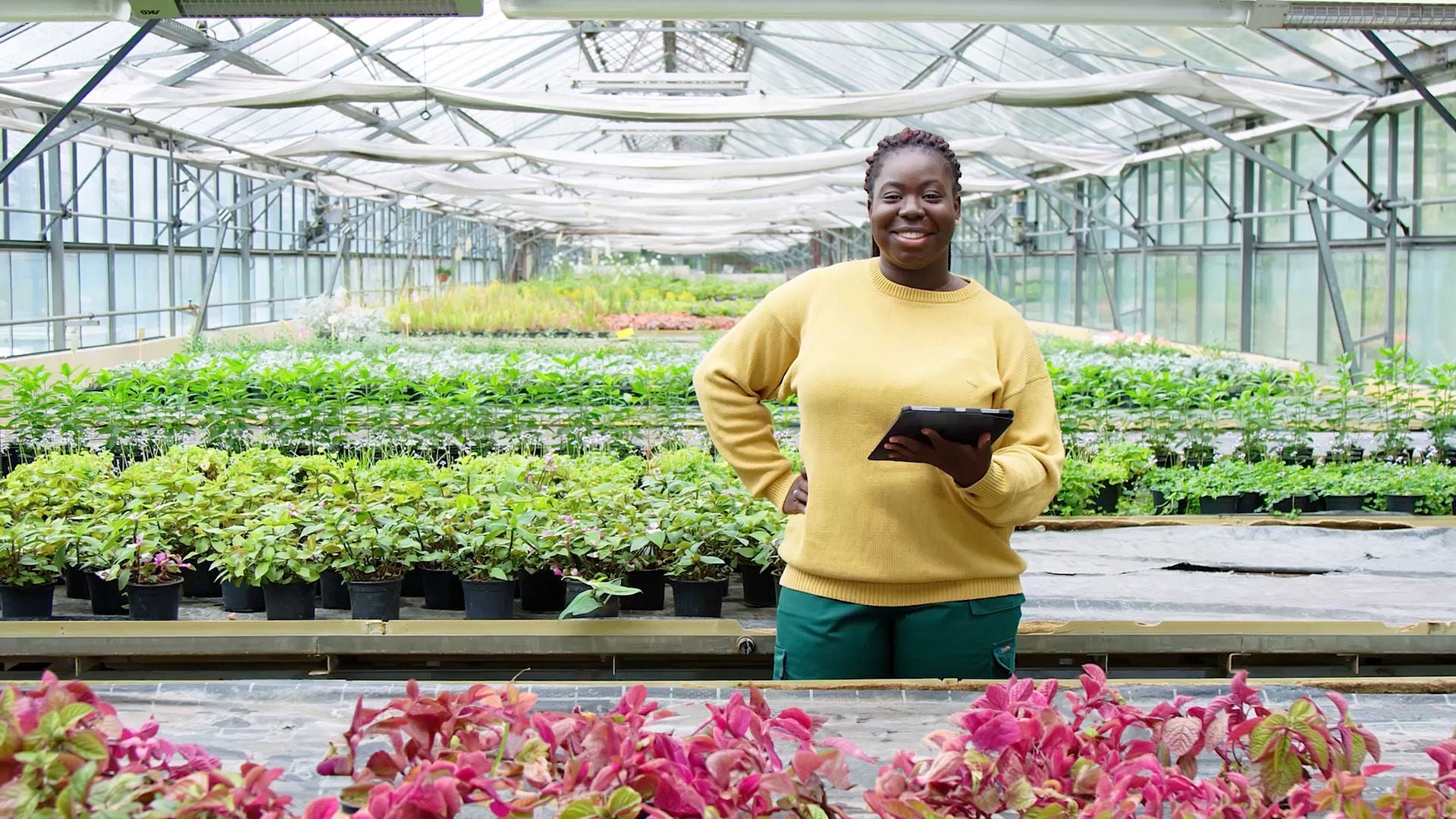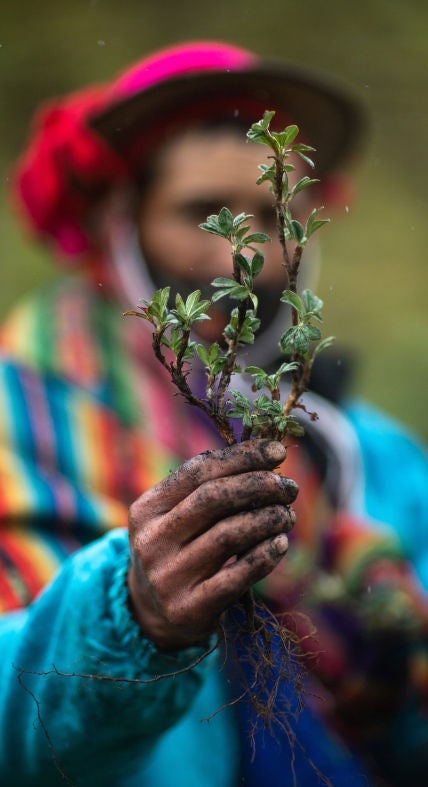Designed as an “eco-loyalty system,” PlanetPoints was implemented across the cafes and dining halls on the UCL campus. The technology plugged directly into checkout systems to match itemized transaction data with carbon emissions data and displayed it back through the Reewild app interface. This feature also layered in points, corresponding in value to the most sustainable products, that were redeemable for different offers and rewards. By shopping at participating retailers, students could receive points relative to the carbon footprint of the products they bought, and cash those in for things like bike rentals, food delivery discounts, product vouchers, and even entry into raffles with big prizes like tickets to major sporting events - serving as an incentive to buy the lowest impact options available.
The pilot had a sample of 900 students and ran for six weeks. During this period, there was an 18.8% reduction in emissions from hot meals, and a 16.8% drop in emissions from the average basket of items at checkout. Students reported an intentional shift in behavior to shop at locations where they could receive points for purchases. In tracking student purchasing behavior, those with PlanetPoints made 9.8% more transactions per month, with a 5.5% higher value basket. This insight indicates a win-win opportunity for brands to lower their scope 3 emissions while also driving loyalty and sales, thereby decoupling emissions growth from revenue growth.
“The results of the pilot are exciting,” says Malin Berge, senior vice president and global head of sustainability innovation at Mastercard. “What it shows us is that consumers care, and they make more sustainable choices when that information is there for them.
“Mastercard knows loyalty programs,” she continued. “We run some of the most sophisticated and exciting programs around, but when we put the sustainability lens on top of that, like Reewild is doing with Planet Points, we can use our loyalty expertise to help Start Path companies like Reewild scale that much faster.”
Reewild founder Freddie Lintell says the company is rolling out the model to other sites and exploring how it can serve different customers. "We’re also evolving the system to integrate health alongside environmental metrics," he said, "creating a more powerful, holistic framework to reward healthier, more sustainable purchasing choices, with tangible benefits that support both individual well-being and public health."



